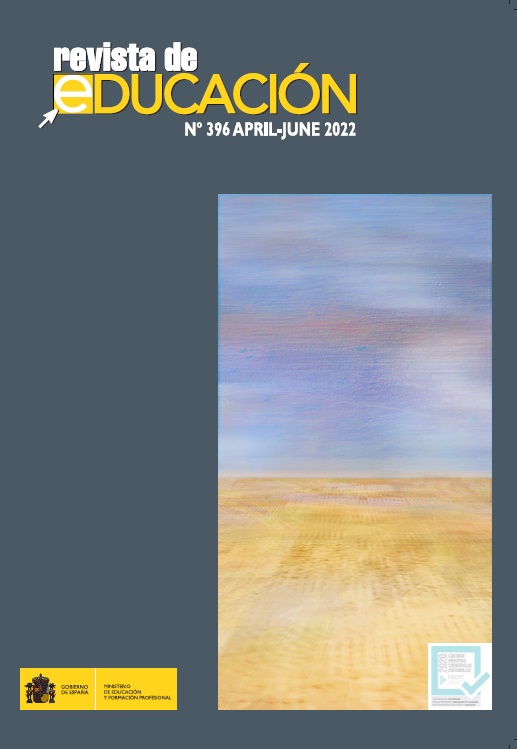The gender gap in STEM Education
Main Article Content
Abstract
Studies on declining attitudes toward science in STEM education, especially among girls, have become an increasingly important topic, given their implications for academic and professional decision-making. Although there is considerable research that indicates that these attitudes begin consolidating themselves in childhood, most of this research focuses on secondary education. The aim of this article is to explore whether the liking for science, perceived usefulness, self-efficacy and professional interest in science display significant gender-based variations at an early age. The study design is non-experimental transversal (ex-post-facto) and it employs a quantitative methodology, with the application of the ACESTEM scale (Martín, 2020) to a sample of 408 students aged 10-14 years. The tests conducted are Pearson correlations between variables, Student's t-test to compare boys and girls, and factorial ANOVA to analyse the interaction between gender, stage, and the father's and mother's profession. The results show that boys display more favourable attitudes towards science than girls, but interest in science decreases with increasing age in both groups. Depending on the father and the mother’s professions (STEM or non-STEM), we observe that while the father's profession does not differentiate the means in either attitude or its dimensions, the mother's profession produces statistically significant differences. There is a greater negative relationship between self-efficacy and age in girls than in boys; but this is not the case for the other dimensions. These results open up new avenues of research in order to achieve quality education for all.
Key words: STEM, gender, attitudes towards science, self-efficacy, stereotypes, identity, vocational interests.

